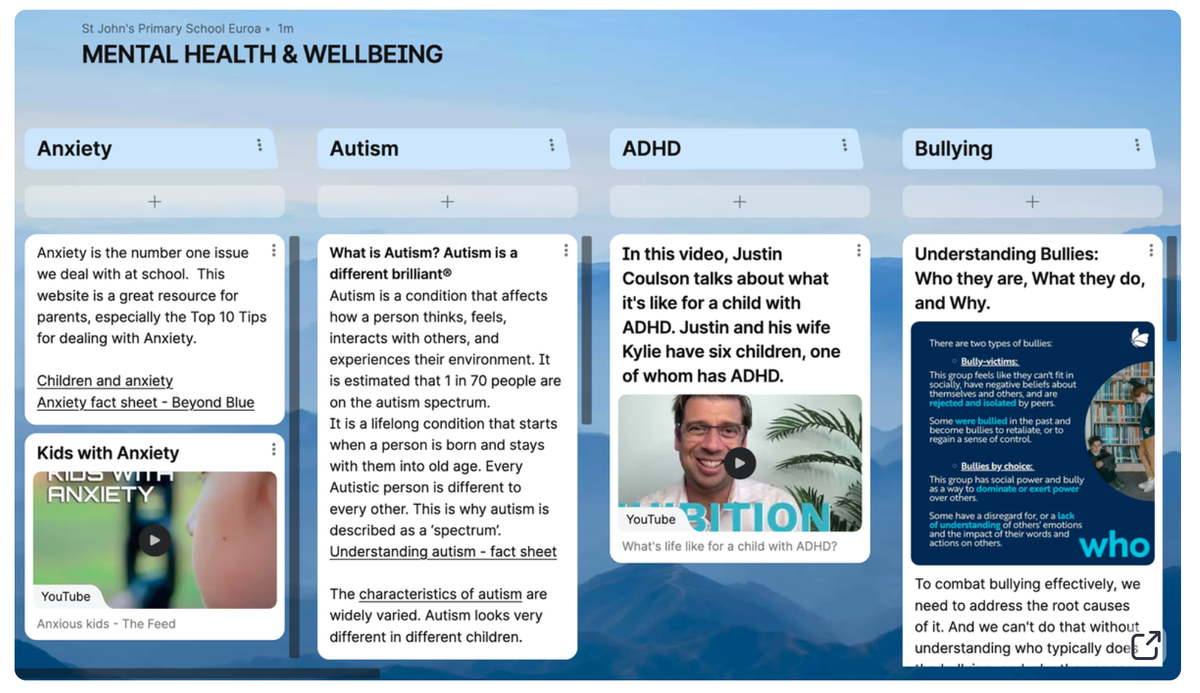Mental Health in Primary Schools: Attendance

Ally Johnston
Mental Health in Primary Schools Leader
Supporting Students with School Refusal
School refusal is a growing concern in primary schools, with some students experiencing anxiety or distress that makes attending school challenging. Unlike occasional reluctance, school refusal is a persistent issue that can affect a child’s learning, social development, and emotional wellbeing. Understanding the reasons behind school refusal and providing appropriate support can make a significant difference in helping children feel comfortable and confident about attending school.
Why Do Children Refuse School?
There are many reasons why a child may struggle with school attendance, including:
- Anxiety or separation issues – Some children feel overwhelmed being away from home.
- Friendship or social difficulties – Challenges with peers or bullying can make school feel unsafe.
- Academic struggles – Fear of failure or difficulty keeping up with work can lead to avoidance.
- Sensory sensitivities – Noisy or busy environments can be overwhelming for some students.
- Changes at home – Family stress, illness, or transitions can impact a child's ability to cope.
How Can We Support Students?
✅ Build a Positive Relationship with School Encouraging a strong connection between students, teachers, and peers can help children feel safe and supported. Positive reinforcement, greeting students warmly, and celebrating small successes can make a big difference.
✅ Establish a Routine A consistent morning routine at home and school can reduce anxiety. Predictability helps children feel more in control and ready for the day ahead.
✅ Open Communication Encouraging children to express their feelings about school in a supportive environment can help identify specific concerns. Parents and teachers working together can create strategies to ease anxieties.
✅ Gradual Reintegration For students who have been avoiding school, a gradual return can help. This may involve attending for part of the day initially, using quiet spaces, or having a "safe" person they can go to if they feel overwhelmed.
✅ Encourage Positive Peer Connections Friendships can be a great motivator for attending school. Organising buddy systems or social activities can help children feel more comfortable and included.
✅ Support Emotional Wellbeing Teaching coping strategies such as deep breathing, mindfulness, or using a worry journal can empower students to manage their feelings about school.
✅ Work Together as a Team School refusal is best managed with a team approach involving teachers, parents, and wellbeing staff. Early intervention and consistent support can help prevent long-term absenteeism.
By addressing the underlying reasons for school refusal and providing a nurturing, understanding environment, we can help students feel more comfortable and confident about attending school. Every small step towards regular attendance is a step toward their long-term success and wellbeing.
Click to access past resources

